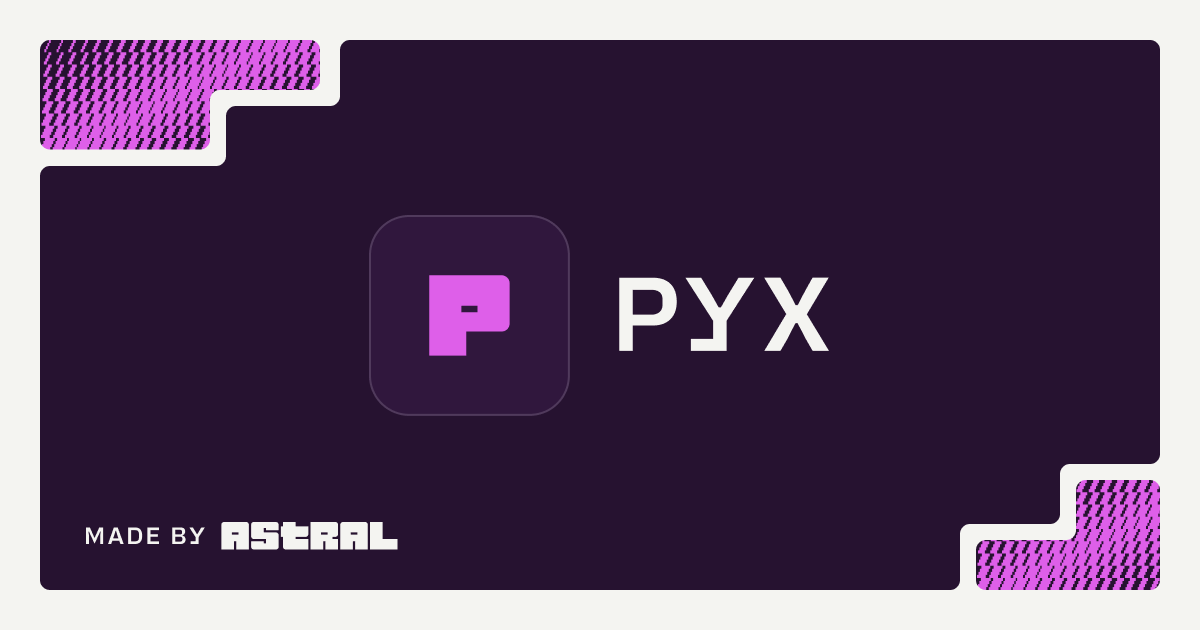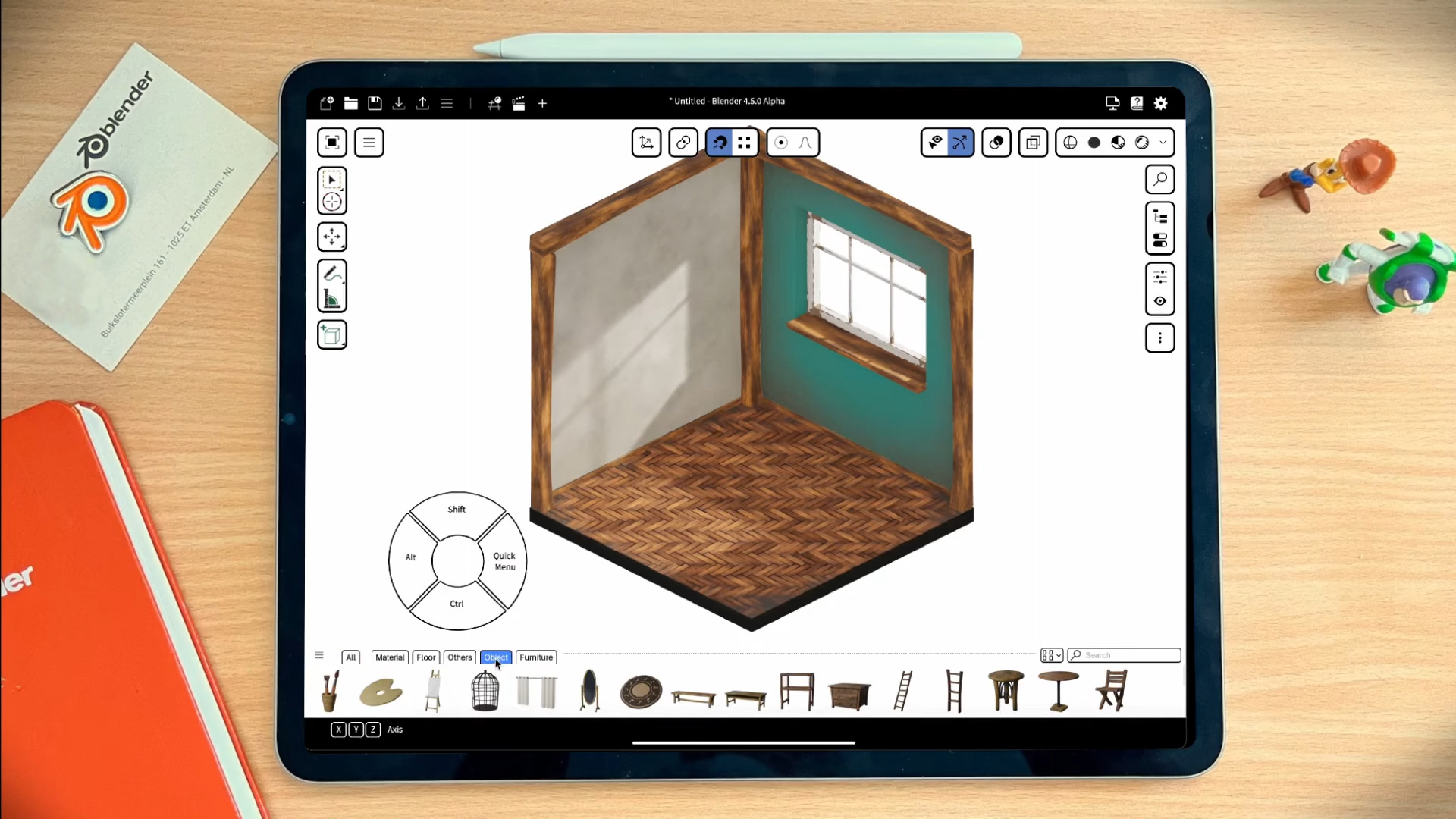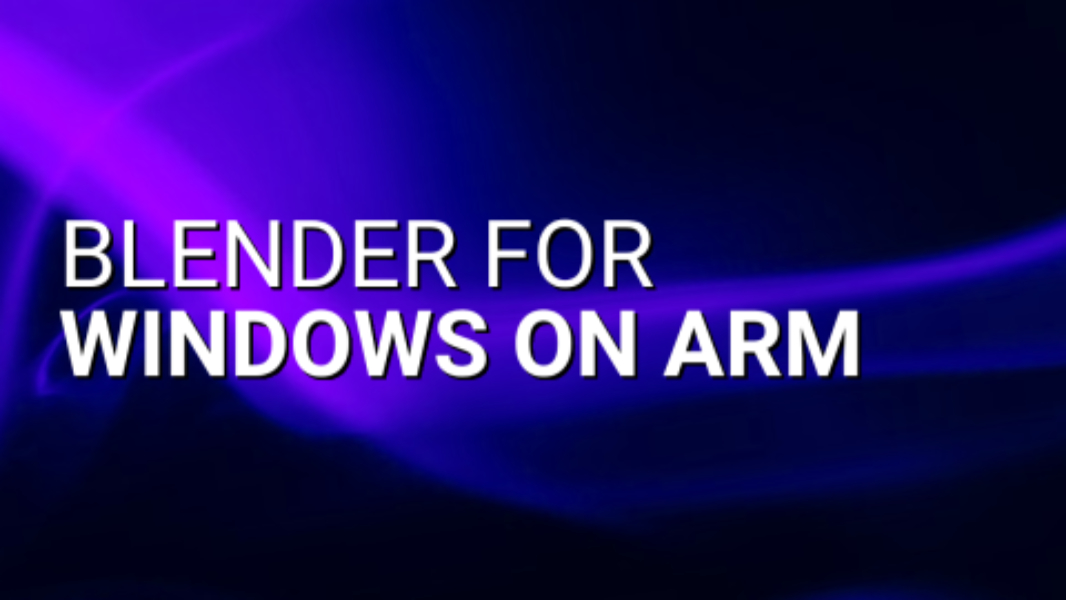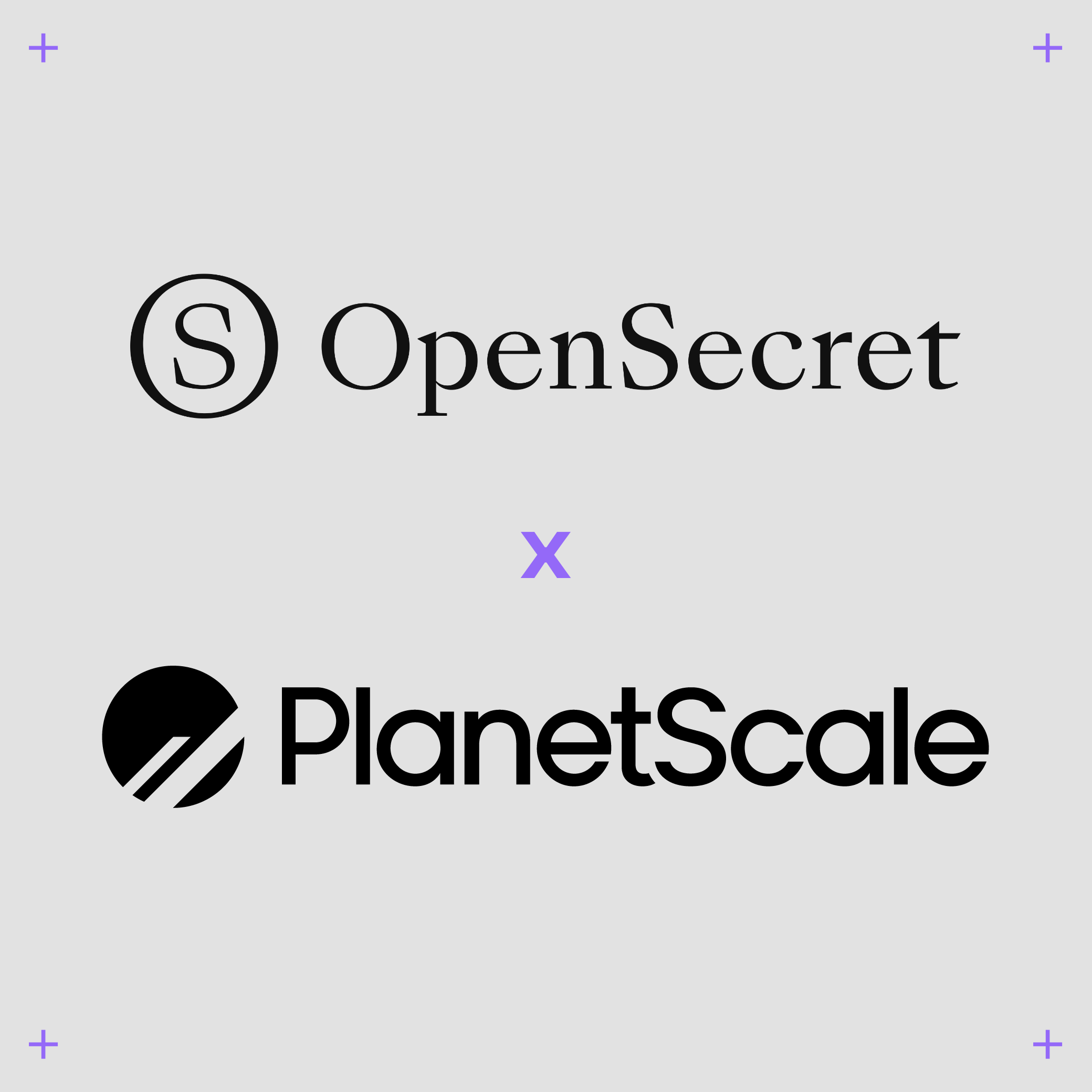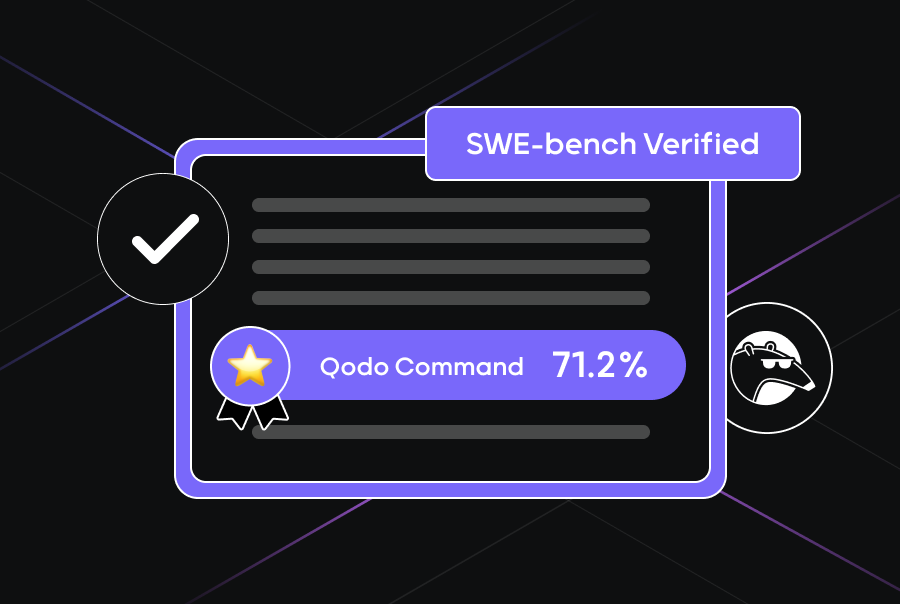Debian 13 Trixie Released: Saying Goodbye to 32-bit, Embracing RISC-V

Debian 13, codenamed Trixie, has been released, bringing numerous improvements. The most significant change is dropping support for 32-bit x86 architecture in favor of RISC-V and upgrading to Linux kernel 6.12. Trixie also features updated programming languages (Python 3.13, PHP 8.4, etc.), an improved Apt package manager, enhanced security (supporting CET, PAC, BTI, etc.), and performance and UX boosts for GNOME and KDE desktops. While Go and Rust ecosystem security support is limited, Trixie is overall a stable, secure, and powerful distribution.


